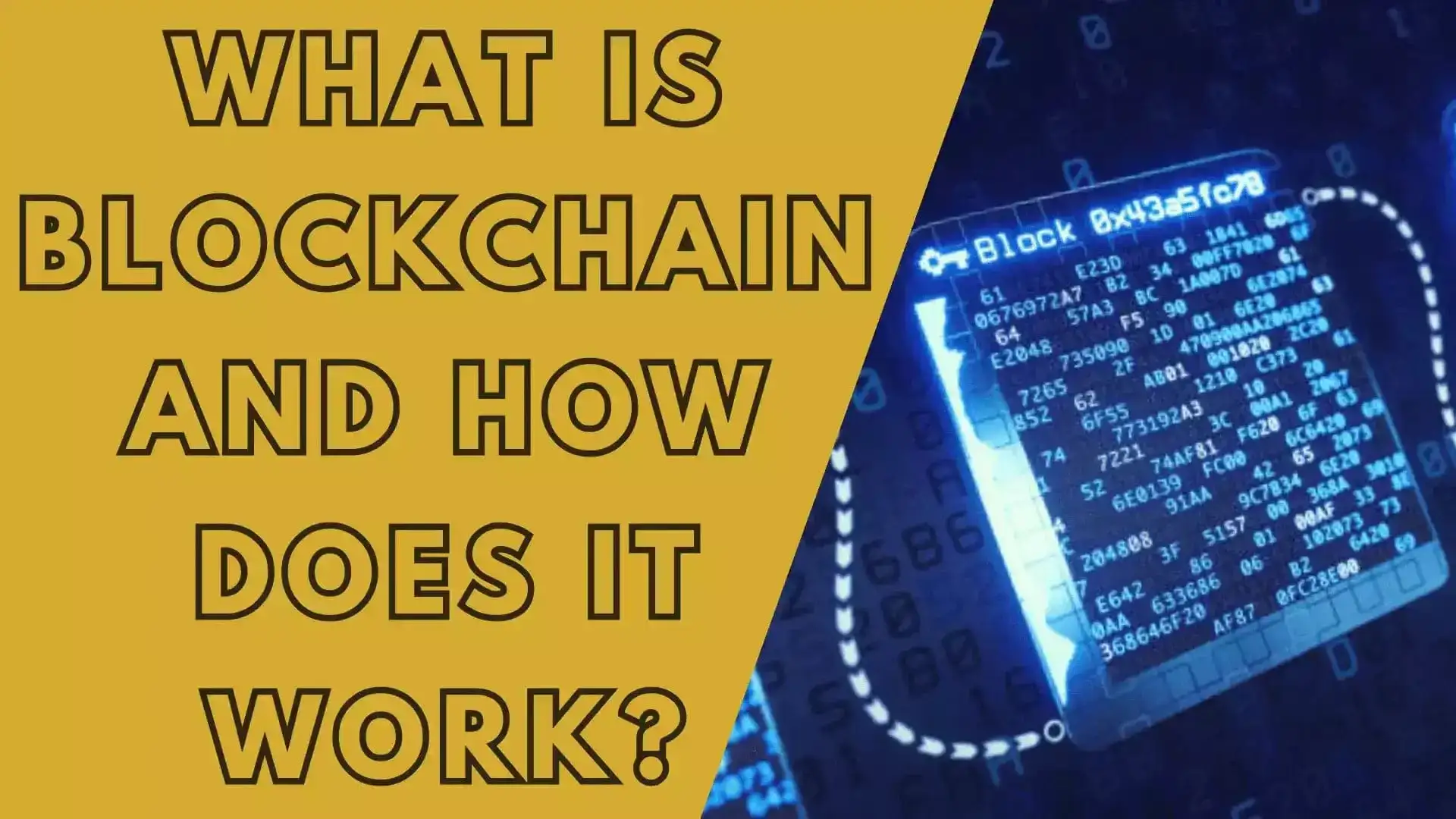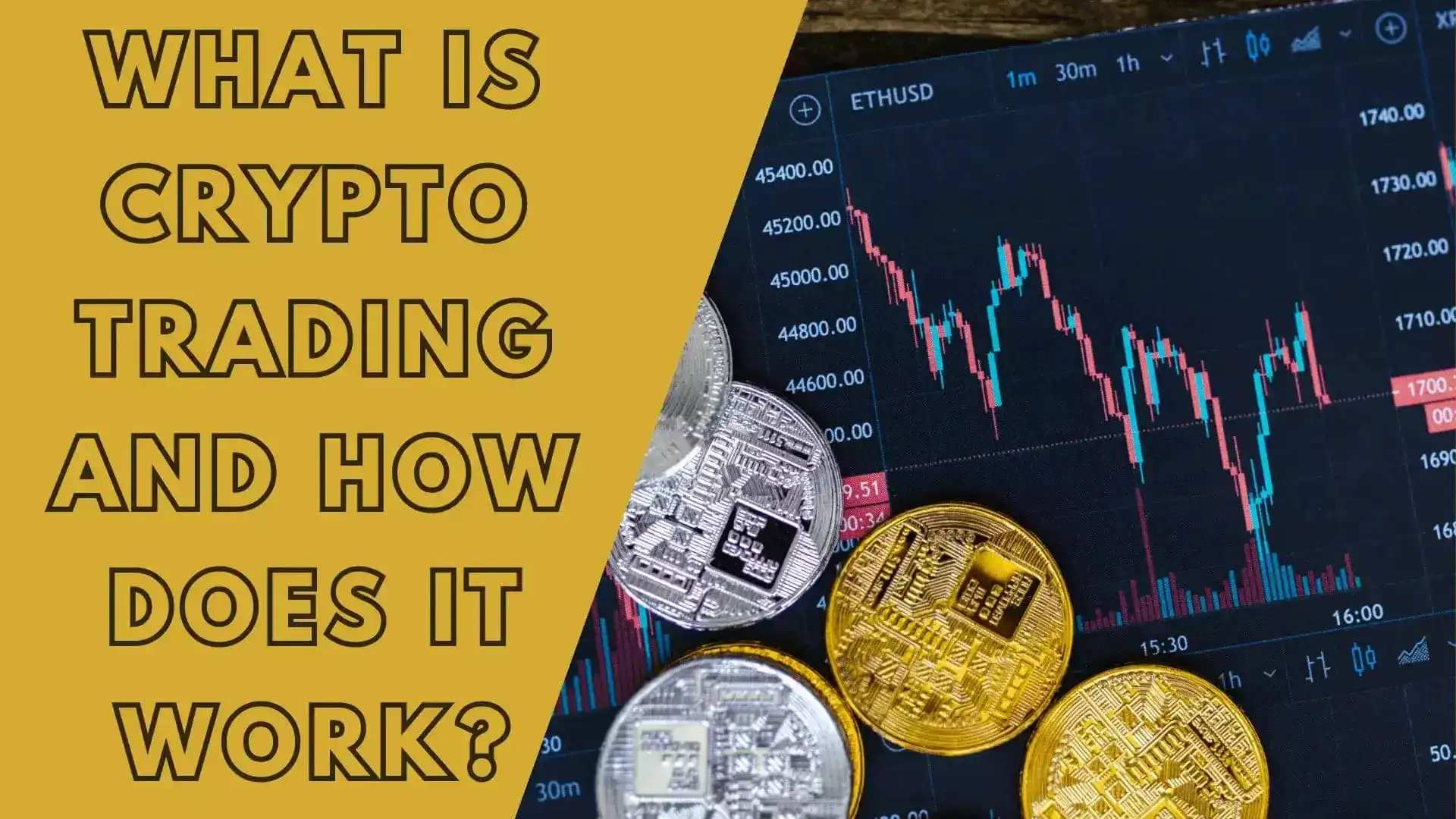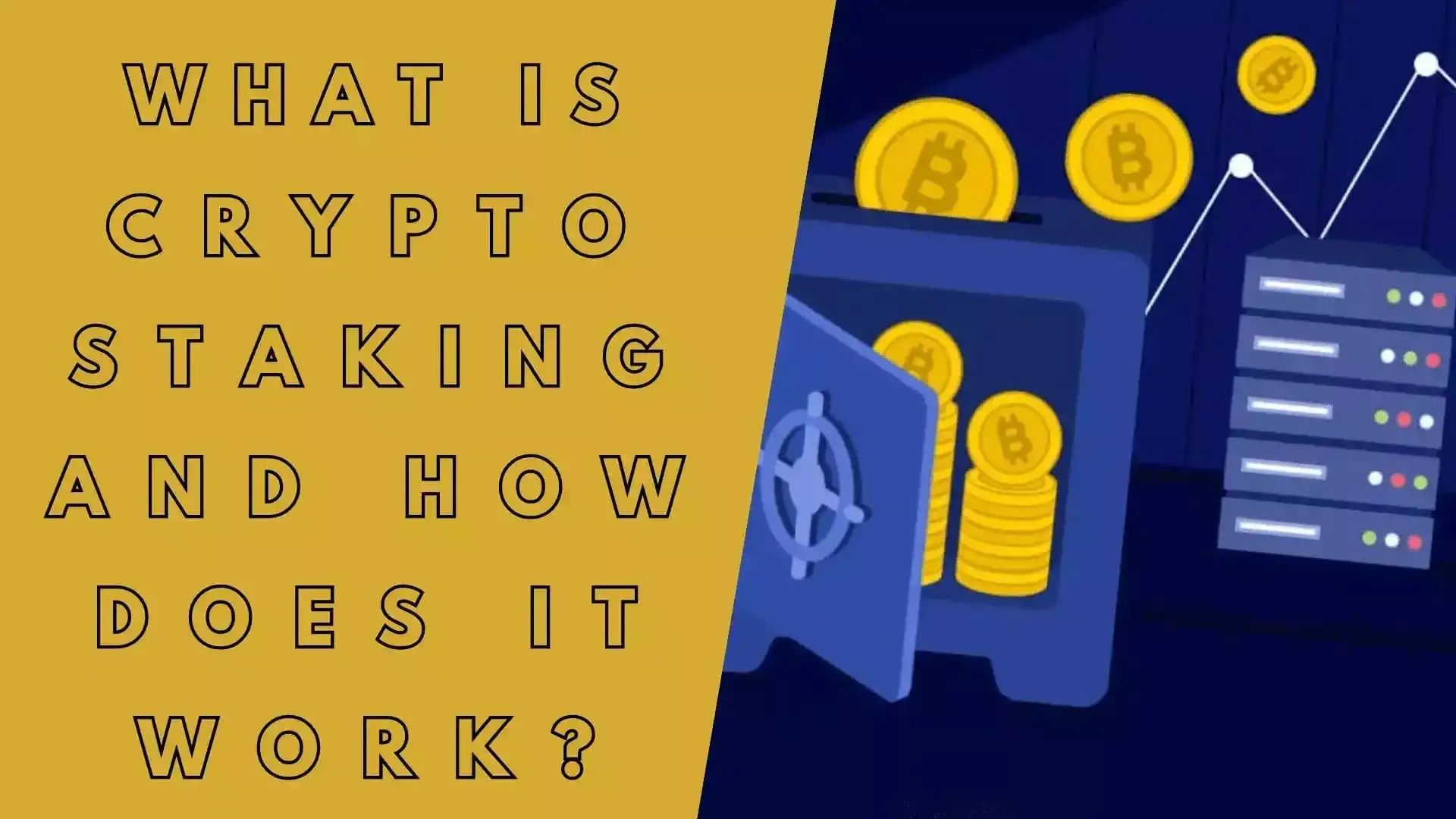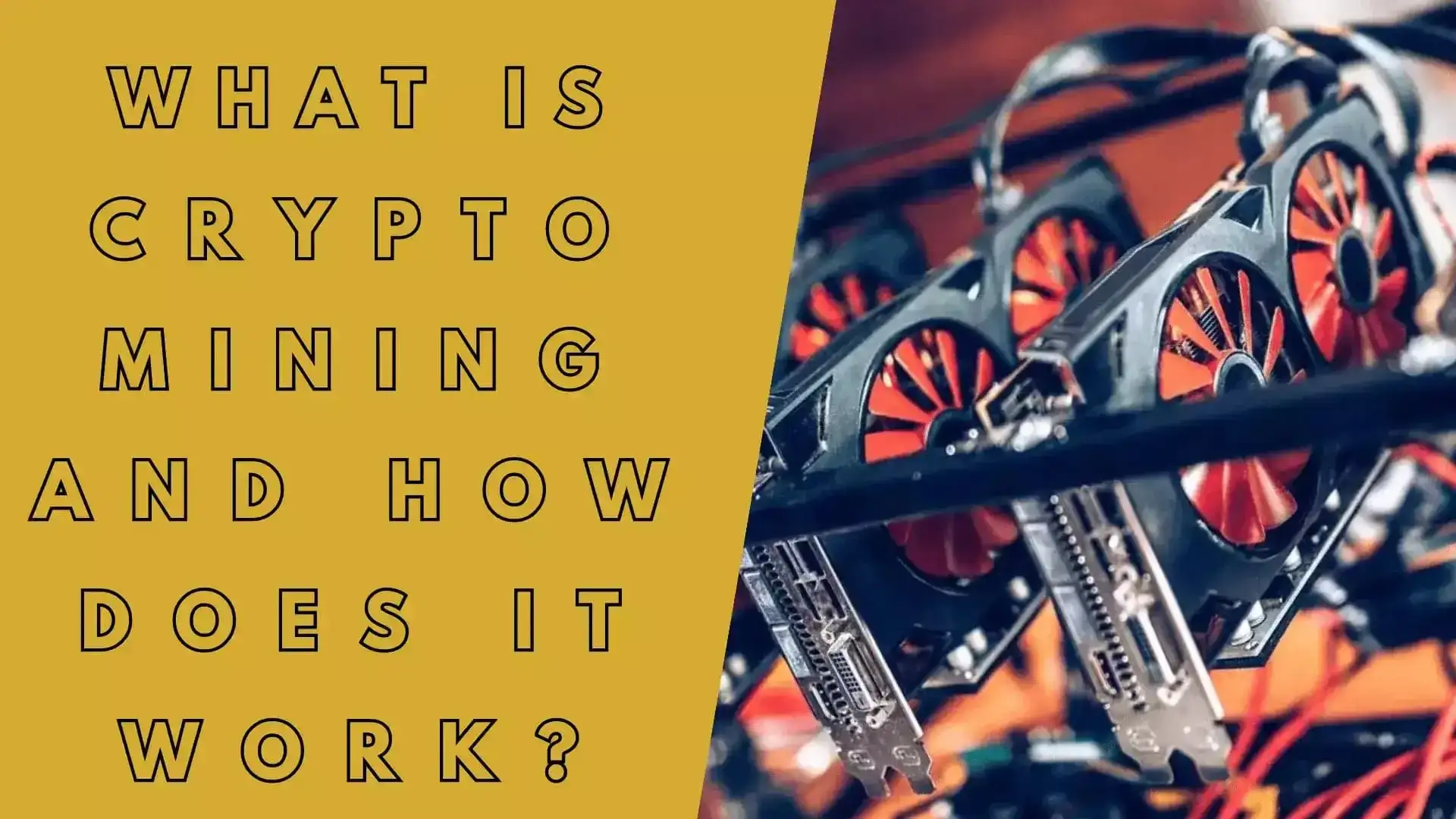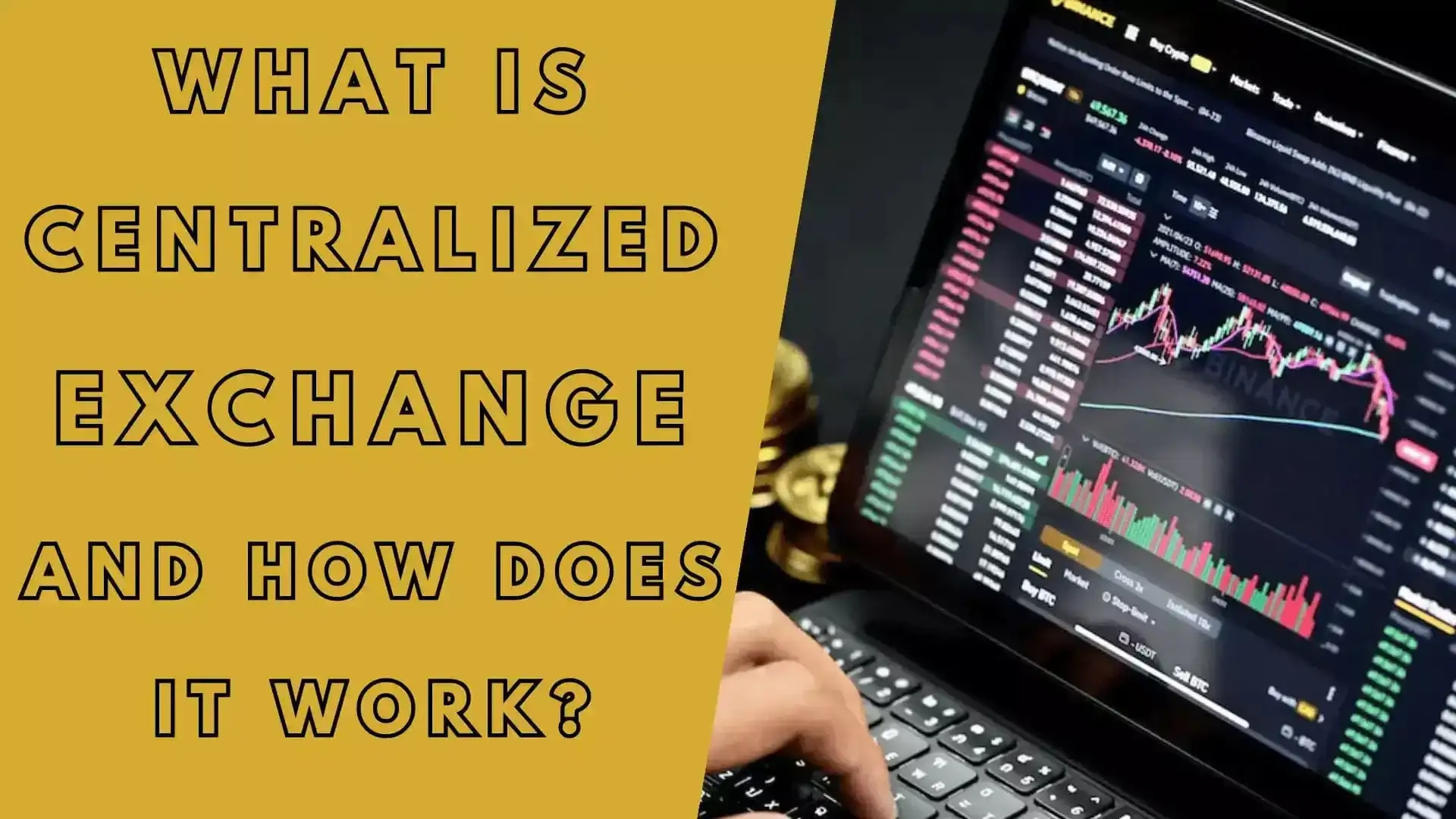The Relationship Between Blockchain and AI
Blockchain and Artificial Intelligence (AI) are two of the most transformative and disruptive technologies of the 21st century. While they are often discussed and utilized separately, there are instances where the integration of blockchain and AI can create powerful synergies and enhance the capabilities of both technologies. In this article, we will explore the relationship between blockchain and AI, and how their combination can lead to new opportunities and advancements across various industries.
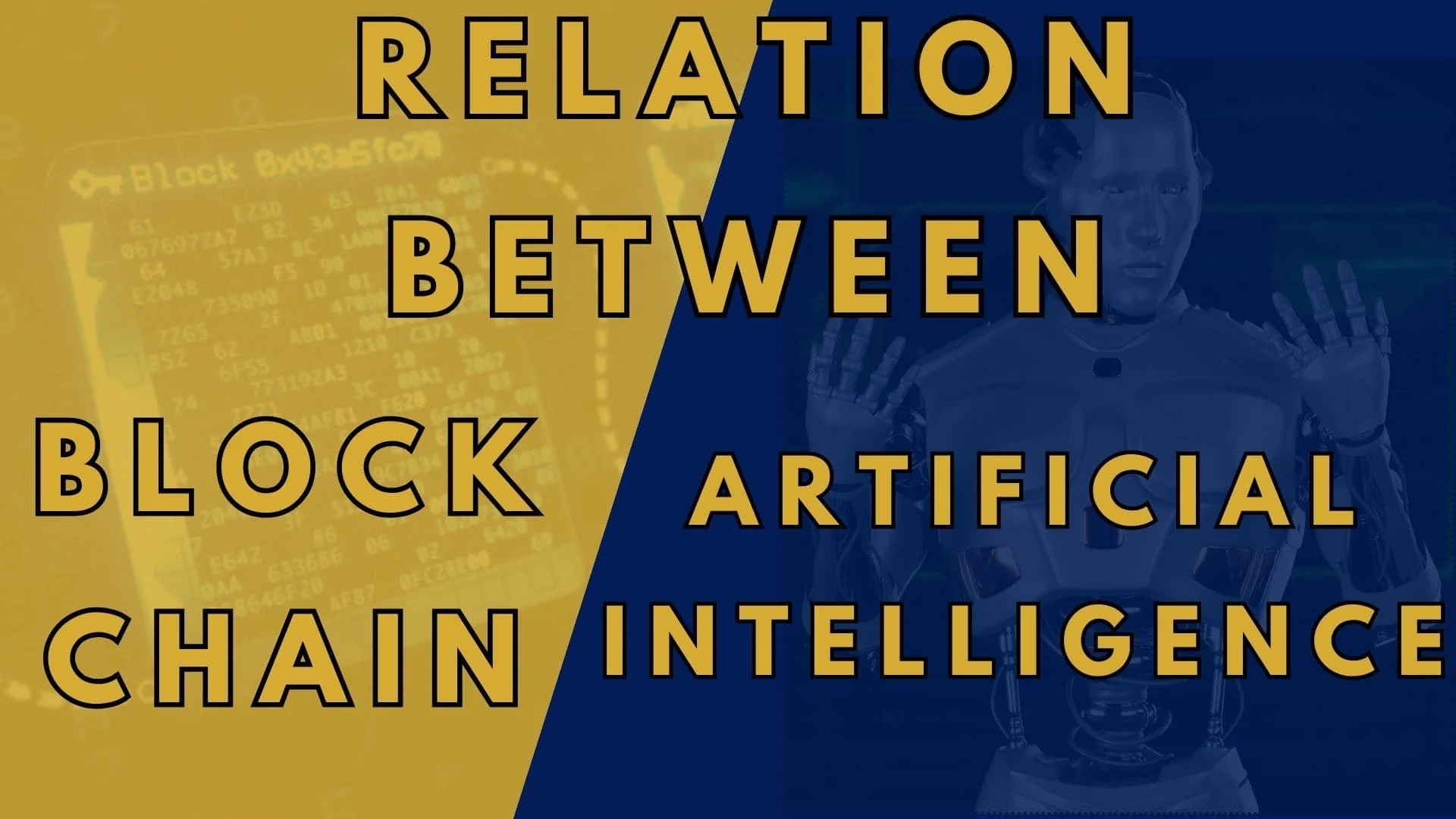
Posted on 14 Dec 2023
Blockchain and AI:
Before diving into the potential synergies between blockchain and AI, let's briefly outline each technology.
Blockchain is a decentralized and distributed ledger technology that records and verifies transactions across multiple computers or nodes. It is most commonly known as the underlying technology behind cryptocurrencies like Bitcoin. However, its applications extend beyond digital currencies to areas such as supply chain management, healthcare, finance, and more.
The key features of blockchain include transparency, immutability, security, and decentralization. Transactions recorded on a blockchain are transparent and can be verified by anyone. Once a transaction is recorded on the blockchain, it cannot be altered or tampered with due to cryptographic algorithms and consensus mechanisms. Additionally, blockchain eliminates the need for intermediaries by allowing direct peer-to-peer transactions.
Artificial Intelligence, on the other hand, refers to the development of computer systems that can perform tasks that typically require human intelligence. AI systems are designed to understand, learn from, and interact with their environments to achieve specific goals. Machine learning, deep learning, and natural language processing are some of the key components of AI.
AI has been applied in various fields, including healthcare, finance, manufacturing, autonomous vehicles, and customer service. Its capabilities range from recognizing patterns and making predictions to generating human-like responses and making autonomous decisions.
"Now let's explore how the combination of blockchain and AI can enhance each other's functionalities."
Enhanced Data Privacy and Security:
One of the significant advantages of blockchain technology is its inherent security and data immutability. Transactions recorded on a blockchain are secured through cryptographic algorithms, making it difficult to tamper with or manipulate data. AI, on the other hand, relies heavily on data for training and learning. However, data privacy and security are major concerns in the AI ecosystem.
By integrating blockchain with AI, it is possible to create a more secure and private environment for data sharing and processing. Blockchain can provide a decentralized and transparent ledger for recording and storing data, ensuring its integrity and traceability. AI algorithms can then securely access and process the data without compromising privacy or security. This integration can be especially valuable in sensitive domains such as healthcare and finance, where the privacy of personal information is crucial.
Decentralized AI Models:
AI models often rely on centralized servers or cloud platforms for data storage and processing. This centralization poses various challenges, including data privacy risks, scalability issues, and single points of failure. By leveraging blockchain technology, it is possible to develop decentralized AI models that distribute data and computing power across a network of nodes.
In such a decentralized AI model, the blockchain can serve as a secure and transparent platform for data storage and management. AI algorithms can be executed at the edge nodes, reducing the dependency on centralized servers. This approach offers several advantages, including improved data privacy, enhanced scalability, reduced latency, and increased fault tolerance.
Data Marketplace and Monetization:
Blockchain can enable the creation of decentralized data marketplaces where individuals and organizations can securely trade data. AI algorithms require large and diverse datasets for training and making accurate predictions. However, accessing high-quality datasets can be challenging due to data silos and privacy concerns. By utilizing blockchain, data owners can maintain control over their data while granting access to AI developers or researchers. Smart contracts can define the terms and conditions for accessing and utilizing the data. Data owners can be incentivized through token rewards or micropayments for sharing their data, creating a marketplace where data can be monetized.
Moreover, AI algorithms and models themselves can be tokenized and traded on a blockchain-based marketplace. This creates opportunities for AI developers to monetize their work and for organizations to access cutting-edge AI capabilities without extensive development efforts.
Trustworthy AI and Auditing:
As AI becomes increasingly integrated into critical applications and decision-making processes, the need for trust and transparency in AI systems becomes paramount. Blockchain's transparent and immutable nature can provide a means to audit and verify the decision-making process of AI algorithms.
By recording AI-related metadata, training data, and algorithm parameters on a blockchain, it becomes possible to verify the integrity and fairness of AI models. Stakeholders can audit the process through which decisions were made and ensure compliance with regulations and ethical standards. This approach can increase transparency, reduce bias, and build trust in AI systems.
Conclusion:
The combination of blockchain and AI has the potential to revolutionize various industries by enhancing data privacy and security, enabling decentralized AI models, creating decentralized data marketplaces, and ensuring trustworthy AI. While there are still technical and regulatory challenges to be addressed, the integration of blockchain and AI opens up new opportunities for innovation and collaboration. As both technologies continue to evolve, their convergence will likely lead to novel applications and advancements that can shape the future of our digital world.

